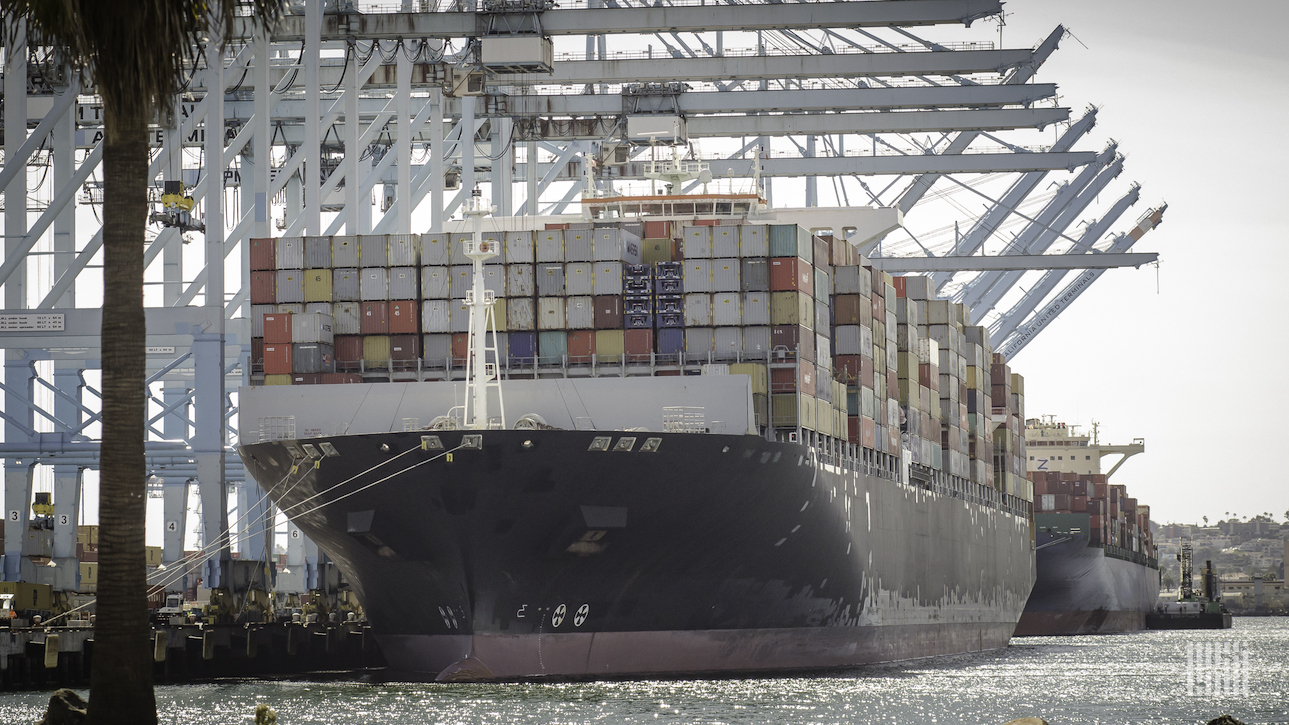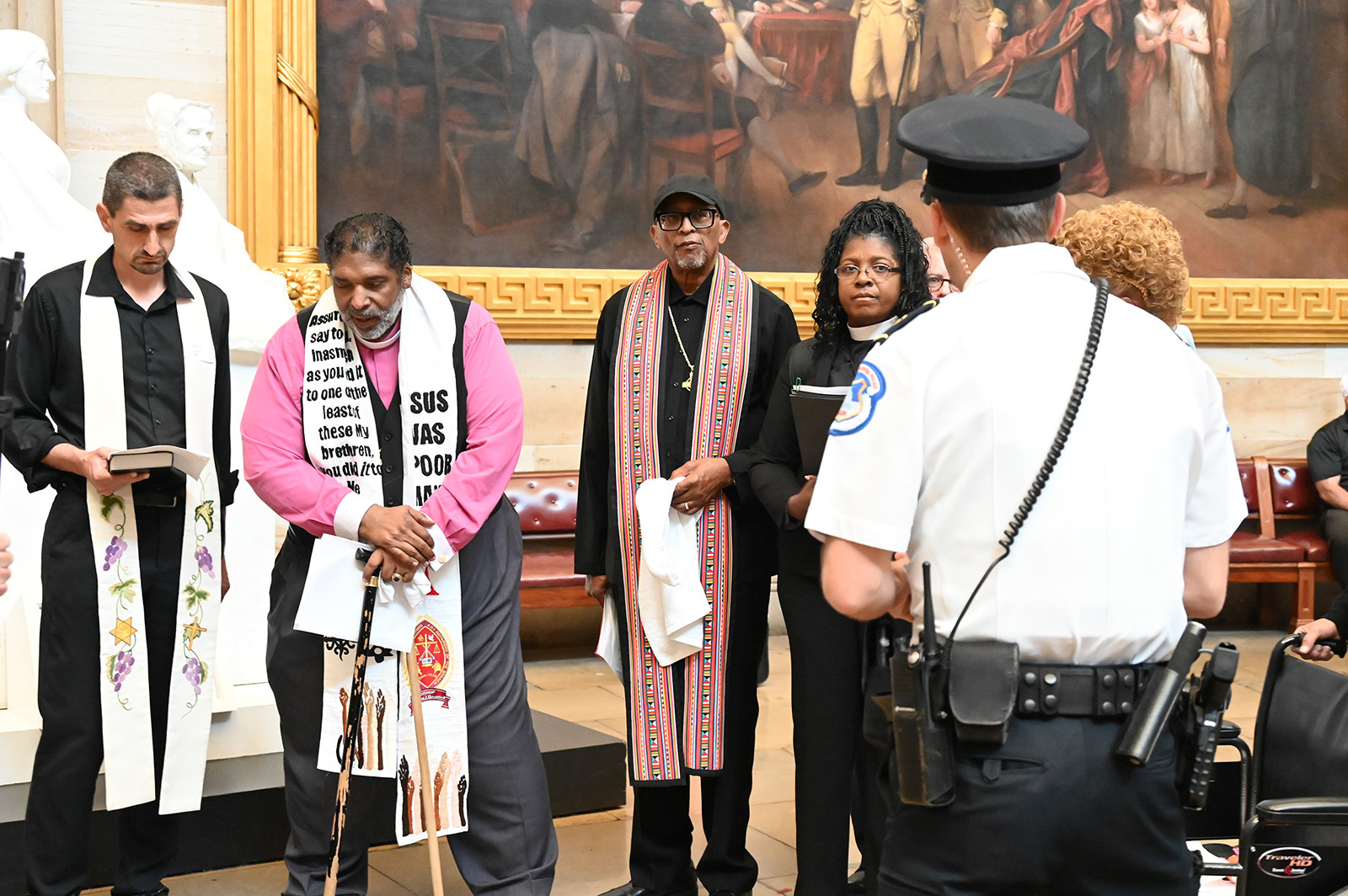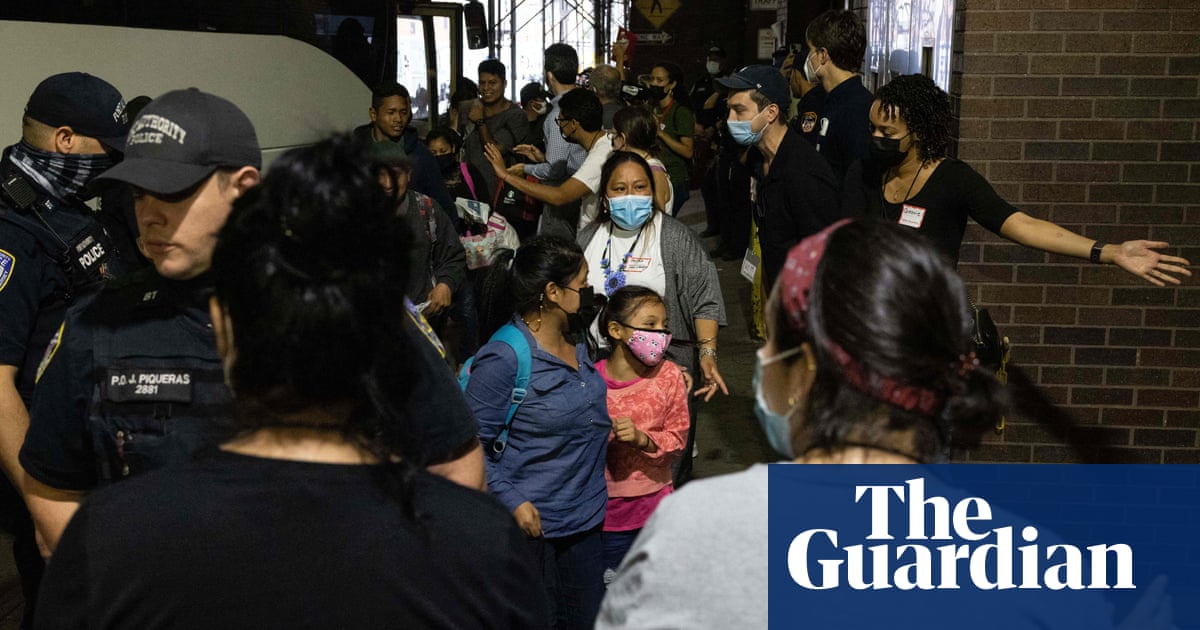InevitableSwing [none/use name]
- 758 Posts
- 1.78K Comments

 20·12 hours ago
20·12 hours agoI think it’s just her sense of supreme entitlement which is typical for old and very old DC dems.

 14·13 hours ago
14·13 hours agoI tried to imagine how the dems might respond forcefully but in a positive way to the situation regarding Trump…

-–
Edit
Damn poster’s regret. I should have had him say “horrible-horrible-horrible” before the punchline.

 16·14 hours ago
16·14 hours agoWeekend at Bernie’s Groundhog Day? Seems bad.

 18·14 hours ago
18·14 hours agoAbout an hour ago some Bluesky libs were consternated that swear words aren’t adequate enough to describe what Trump and ICE are doing. For what it’s worth - I thought them “[redacted]”. I wonder if a few of them googled it and/or or they thought I was a nut.
-–
Edit
Color me surprised. I got a like. And that’s a lot for me especially down in a thread. I have ~35 followers. Also most of the people following saw me as a number. They followed me so they could get to 10,001 followers from 10,000 or whatever.

 24·16 hours ago
24·16 hours agoMe: “Hey, Ezra! I bet you’ve already heard lots of ‘better than Ezra’ jokes so I won’t poke fun at you in that way. But I really want to know how ‘abundance liberalism’ deals with crises like the dire shortage of affordable housing.”
Ezra Klein: “I will ignore the ‘better than Ezra’ joke. And I’ll jump right in and answer your question about housing. But first I have a lot - a lot(!) - to explain!” And he speaks for about five minutes. Impressively he entirely ignores all issues related to housing other than to very vaguely say “A focused-goal target of abundance liberalism is the structural implementation of foundations to improve access to affordable housing.”

 32·17 hours ago
32·17 hours agoI never googled abundance liberalism. The definition is even worse than I expected.
What is ‘abundance’ liberalism, and why are people arguing about it?
Klein and Thompson make their case in a new book simply called, with no subtitle, Abundance. The authors put forward a positive pitch for “abundance liberalism”: a vision of the US where policymakers spend less time fighting over how to apportion scarce resources and more time making sure there’s no scarcity to start with.
Abundance has received a mostly positive reception so far, but also sparked debate, with critics arguing that the book ignores the effect of corporate power, downplays Republicans’ role in the crises that the US faces or overstates the effectiveness of its policy prescriptions. A writer in the left-leaning magazine American Prospect accused the “abundance agenda” of being “neoliberalism repackaged for a post-neoliberal world”.

 27·17 hours ago
27·17 hours agoWhat a sublime thinker Friedman is: “We hit Iraq because we could.” I made an edit for clarity. Rose got his wars confused.
Thomas Friedman — Charlie Rose
Friday 05/30/2003
Pulitzer Prize Winner Thomas Friedman shares his opinion on whether it was worth invading Iraq and and what it means to have won the war.01:13
Charlie Rose: Let me start with an overview of [the Gulf War]. We won the war. People had criticisms about going in. Now that the war is over and there’s some difficulty with the peace, what is was it worth doing?
Thomas Friedman: Oh, I think it was unquestionably worth doing, Charlie. I think that looking back I now certainly feel I understand more what the war was about. It’s interesting to talk about it here in Silicon Valley because I think looking back at the 1990’s, I can identify – there are actually three bubbles of the 1990s, there was the NASDAQ bubble, the corporate governance bubble, and lastly there was what I call the terrorism bubble.
And the first two were based on creative accounting, the last was based on moral creative accounting. The terrorism bubble that basically built up over the 1990’s said flying airplanes into the World Trade Center, that’s okay. Wrapping yourself with dynamite and blowing up Israelis in a pizza parlor, that’s okay. Because we’re weak and they’re strong and the weak have a different morality.
Having your preachers say that’s okay, that’s okay. Having your charities raise money for people who do these kinds of things, that’s okay. And having your press call people who do these kinds of things martyrs, that’s okay. And that built up as a bubble, Charlie, and 9/11 to me was the peak of that bubble. What we learned on 9/11 in a gut way was that that bubble was a fundamental threat to our open society.
Because there is no wall high enough, no INS agent smart enough, no metal detector efficient enough to protect an open society from people motivated by that bubble. What we needed to do was go over to that part of the world, I’m afraid, and burst that bubble. We needed to go over there basically and take out a very big stick right in the heart of that world and burst that bubble.
There was only one way to do it because part of that bubble said, “we’ve got you.” This bubble is actually going to level the balance of power between us and you because we don’t care about life. We’re ready to sacrifice. All you care about are your stock options and your hummers. What they needed to see was American boys and girls going house to house from Basra to Baghdad and basically saying: “Which part of this sentence don’t you understand?”
“You don’t think, you know, we care about our open society? You think this bubble fantasy, we’re just going to let it grow. Well, suck on this.” That, Charlie, was what this war was about. We could have hit Saudi Arabia. It was part ever that bubble. Could have hit Pakistan. We hit Iraq because we could. That’s the real truth.
Friedman really loved the Charlie Rose show. There are 132 results for him at the site.
-–
Rant
I really hate sites that refuse to make what should be txt - into actual txt. I had to grab an annoying glob of HTML and make it txt myself.

 24·20 hours ago
24·20 hours agoI could only read the first few paragraphs. It enraged me. Holy fuck - it’s even worse than I thought from reading the headline.
The law enforcement arm of the U.S. Postal Service has quietly begun cooperating with federal immigration officials to locate people suspected of being in the country illegally, according to two people familiar with the matter and documents obtained by The Washington Post — dramatically broadening the scope of the Trump administration’s government-wide mass deportation campaign.
The U.S. Postal Inspection Service, a little-known police and investigative force for the mail agency, recently joined a Department of Homeland Security task force geared toward finding, detaining and deporting undocumented immigrants, said the people, who spoke on the condition of anonymity for fear of professional reprisals.
Immigration officials are seeking photographs of the outside of envelopes and packages — an Inspection Service program known as “mail covers” — and access to the postal investigation agency’s broad surveillance systems, including Postal Service online account data, package- and mail-tracking information, credit card data and financial material and IP addresses, the people said.

 11·1 day ago
11·1 day agoI FORGOT ABOUT THE TORCH! Seriously though - Trump’s gonna decide who gets to carry it - isn’t he.

 12·1 day ago
12·1 day agoThe Real Pope™ based out of Mar-a-Lago


 14·1 day ago
14·1 day ago2028 Summer Olympics are in LA. Olympics People - I’m ready for my Gold. Should be Special Trump Gold Medal because I’m the president. Maybe people will get mad and I shouldn’t say this. But if Catholic at the Olympics - I get the Gold Medal. So… should be.

 351·1 day ago
351·1 day agoThere are some triggered lib comments on Bluesky. I didn’t share any because they were far more whiney and pathetic than funny. Sad.
But I’m surprised how many libs are finally not pouncing on the bait and they grasp right-wing messaging.
What’s so perfect about this Lindsey Graham tweet is that it’s absurd enough where he can claim it’s a joke, it’s sycophantic enough where he can score points with the MAGA primary voters he needs, and Trump is delusional enough to believe that he means it.
https://subium.com/profile/trumpstaxes.com/post/3lnyigi2vzs2b

 45·2 days ago
45·2 days agoPresident Deals took “Kill yourself and kill everyone around you,” to heart.

 5·2 days ago
5·2 days agoIn general - why bother? The vast majority of dem governors and mayors won’t fight at all.

 7·3 days ago
7·3 days ago[Chorus]
Put me in, Pelosi
I’m ready to go today
Put me in, Pelosi
I’m ready to go today
Look at me, I’m only 75!

 18·3 days ago
18·3 days agoShe ain’t dead. She’s just asleep!

 16·3 days ago
16·3 days agoIf he dies - I will upgrade him to “useless” up from “worse than useless”.

 27·3 days ago
27·3 days agoAOC tried to get on the Oversight Committee but Pelosi blocked her. It’ll be interesting to see which new ancient wreck of a human being is up next…








Every once in a while - the New York Times interviews Trump voters that the newspaper has been keeping tabs on. For me it’s horror comedy. Here’s a post of mine from a couple weeks ago - Happy :). But also sad :(. When the interviewees say they are “in favor of some of what Trump’s doing” - the reader usually doesn’t know exactly what they mean. The Times doesn’t ask follow up questions. And the interviewees are treated like lab rats who must be free of outside contamination. The newspaper never asks them directly about what new horrors the Trump administration is committing. And the Times should.
I really want to know how the idiots feel about the Trump administration being pro infant death. I really want to know the “other side” of this issue!